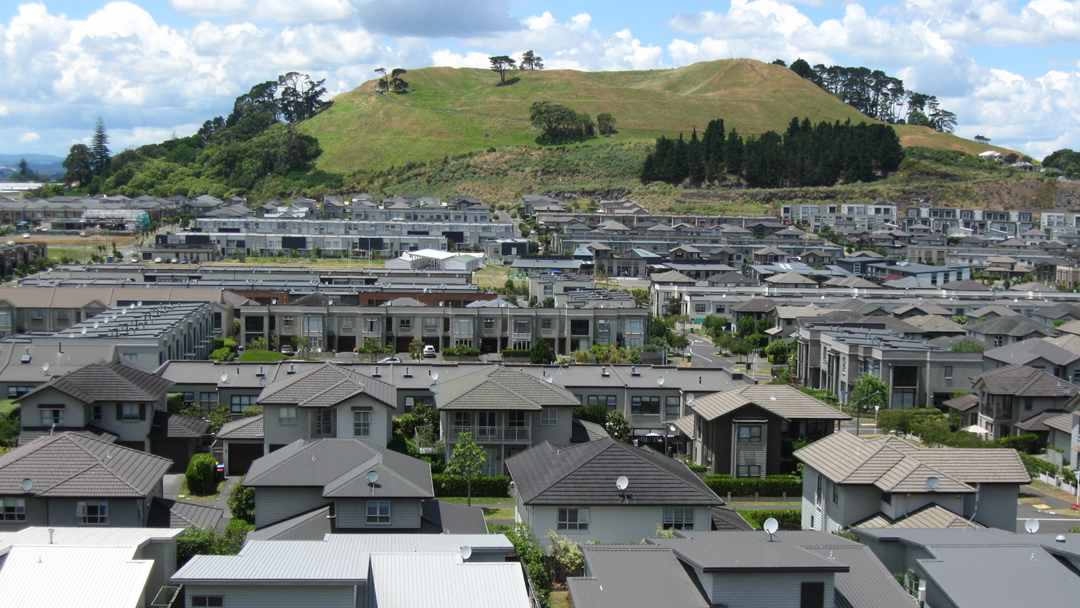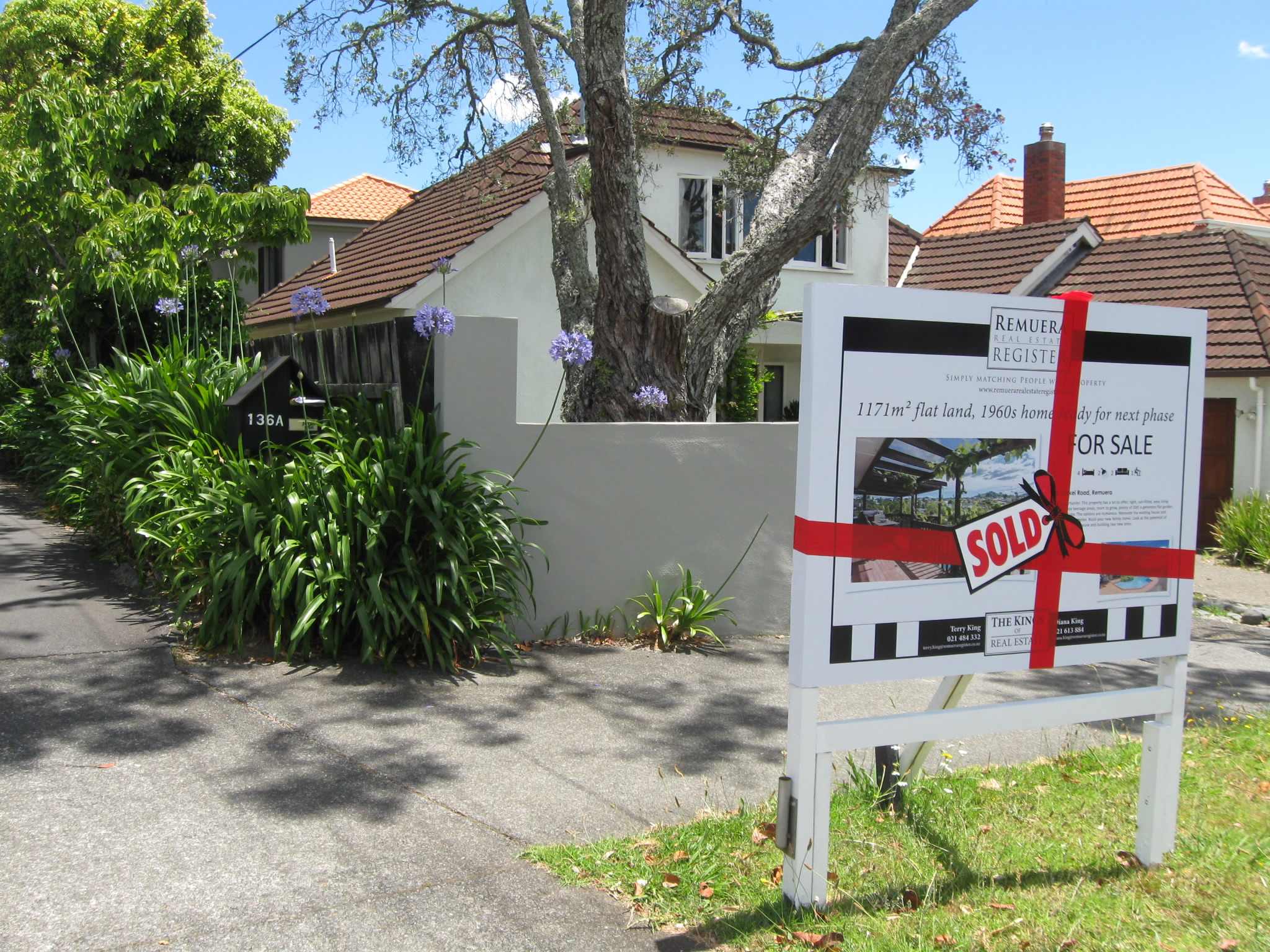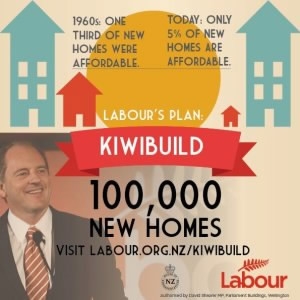
Business
22:41, 15-Dec-2017
Should foreigners be blamed for rising New Zealand house prices?
By Owen Poland

Economic commentators are questioning the logic behind a move by the New Zealand Government to ban foreign investors from buying existing homes.
As part of its 100 Day Plan, the new Labor-led Government has introduced legislation into Parliament to ban what it describes as overseas speculators who it says have pushed first home-buyers and families out of the housing market.
"This Government prioritizes home ownership and housing affordability for all New Zealanders," says Housing and Urban Development Minister Phil Twyford. "This bill will ensure that house prices are set by New Zealand-based buyers, not international buyers."

New Zealand housing minister Phil Twyford /CGTN Photo
New Zealand housing minister Phil Twyford /CGTN Photo
Over the past three years, property valuations in New Zealand’s largest city of Auckland have risen by an average of 45 per cent – to around one million dollars – making Auckland the world’s fourth least affordable city behind Hong Kong, Sydney and Vancouver.
However, new research conducted by the University of Auckland Business School has indicated that most property speculators are in fact New Zealanders who have been cashing in on a double whammy of tax-free capital gains in the booming local market and the ability to write off tax losses.
Dr Michael Rehm, a lecturer in property, says official figures indicate that only five percent of the property has been bought by foreigners, which means that domestic investors have more of the blame than the foreigners, though they’re all in it together.

Official figures indicate that less than 5 per cent of homes are bought by foreign investors. /CGTN Photo
Official figures indicate that less than 5 per cent of homes are bought by foreign investors. /CGTN Photo
Many commentators also believe that the foreign investment ban will have little impact because New Zealand house prices peaked in late 2016 and have since declined by around 3.2 percent over the past year.
On its own, the ban is unlikely to actually have much of a dampening effect on the New Zealand housing market, according to Christina Leung, a senior economist at the New Zealand Institute of Economic Research.

The Government’s KiwiBuild initiative promises to deliver 100,000 affordable houses over the next ten years. /CGTN Photo
The Government’s KiwiBuild initiative promises to deliver 100,000 affordable houses over the next ten years. /CGTN Photo
She believes that the ban is designed to appease voters who were unhappy with the extent of foreign investment in the New Zealand housing market.
In order to boost housing supply and give new hope to first home buyers, the Government is also pursuing a KiwiBuild initiative that promises to deliver 100,000 affordable homes over the next ten years.
The Government’s housing package will deliver more affordable homes, more state houses, improve the quality of rentals and security of tenure, and tilt the balance in favor of homebuyers, rather than speculators, says Phil Twyford.

David Norman says the government’s proposals will take two to three years at least to have an impact on prices. /CGTN Photo
David Norman says the government’s proposals will take two to three years at least to have an impact on prices. /CGTN Photo
Despite the new initiatives, Auckland Council chief economist, David Norman, says the basics of supply and demand dictate that there is little reason to expect a sharp fall in house prices because of an acute national shortage estimated to total 71,000 homes.
While each of the market and governmental factors will have some small impact on removing excess demand, the shortfall is just too large for us to expect house prices to tumble as these factors take effect.
10428km

SITEMAP
Copyright © 2018 CGTN. Beijing ICP prepared NO.16065310-3
Copyright © 2018 CGTN. Beijing ICP prepared NO.16065310-3